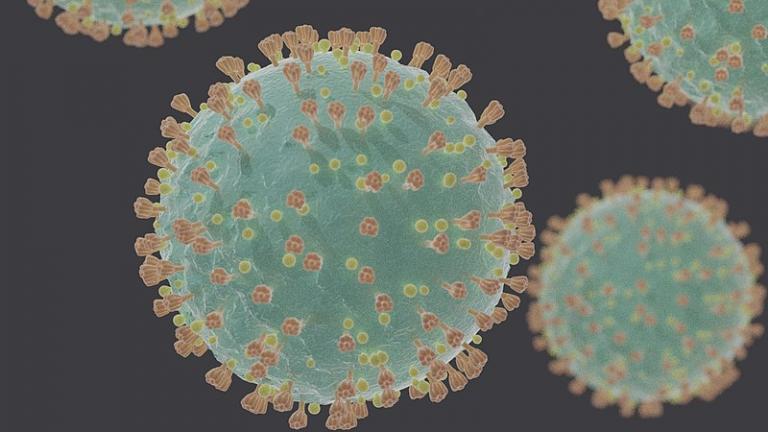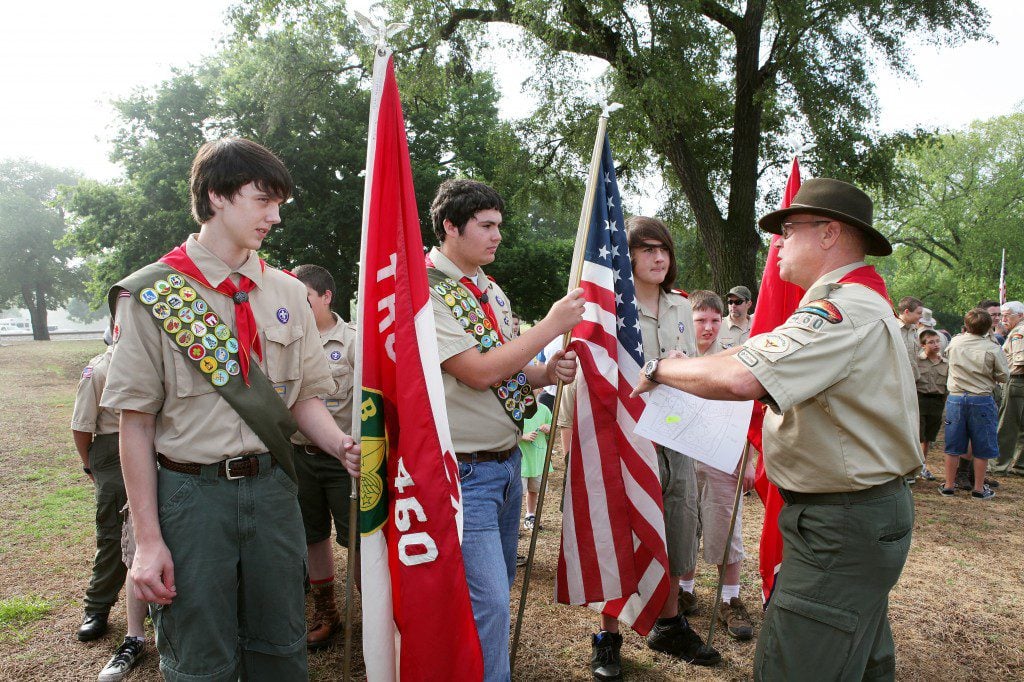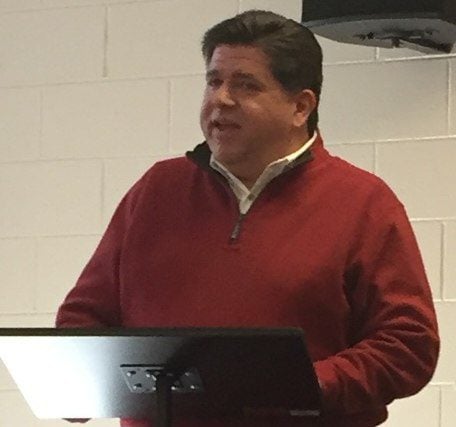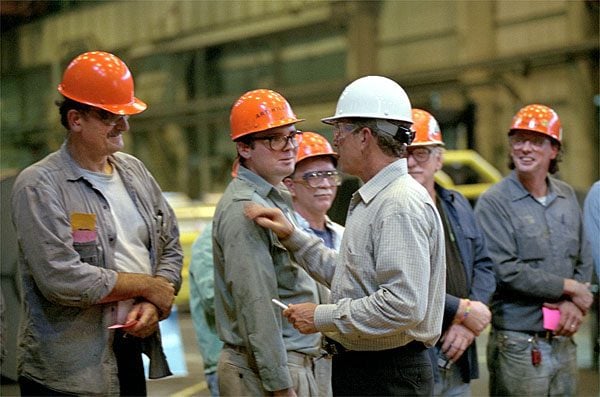
So yesterday I ranted (and I’ve temporarily removed the post as it was a bit too ranty), as it seems this blog is becoming a platform for expressing my frustrations in this new social-distancing world.
(Narrator: she social-distanced before social distancing was a thing.)
But here are some more thoughts:
At the debate yesterday, one, or both, of Biden and Sanders — I don’t recall the particulars — claimed that every American would be made whole for every financial impact of the coronavirus and the shut-downs.
I looked at the candidates’ websites and Joe Biden had a long and confusing “plan” — confusing in that it was a jumble of tenses, a combination of recommendations for what the federal government should be doing right now, and claims of actions he would take upon being elected, all without any differentiation. Charitably, it needed a lot of editing, to be clear which of these bullet points represented his beliefs of the actions government, companies, and private citizens should take right now; which represent actions his campaign was taking; and what he would do upon taking office in January under certain assumptions of what would happen in the meantime. In the same way, Biden at the debate promised that this or that action “will” happen in ways that were rather confusing and made it sound like he was a part of the decision-making now underway in Washington or reporting on what’s going on. For example, at this point, legislation in the about-to-be-passed phase promises that there will be no patient costs for CV testing, but says nothing of whether patients will be asked to pay their usual deductibles and coinsurance for treatment, but Biden claimed that there would be no patient costs for any coronavirus-related medical care at all.
Sanders had no such commentary on his website and I couldn’t find anything easily online except for various excerpts of speeches. (Disclosure: partway through the debate, I switched to watching Midway with the family and only afterward started looking.) But I’m going to guess that it was Sanders, rather than Biden, making this expansive promise that the government would act to “hold harmless” all Americans in terms of financial impact, because, although Biden has a lot of promises on his site, including protection against eviction or utility shut-offs, boosted food aid, etc., they aren’t quite that expansive, including, for example, loans rather than cash infusions for small businesses.
Which is, in fact, mind-boggling. After all, the paid leave program currently being put together in the House and Senate proposes a 2/3rds pay replacement after the first two weeks, and it steps up unemployment benefits and waives the search-for-work requirements, but unemployment benefits are only partial pay-replacement.
And I try to work this out in my mind, as I really haven’t seen much reporting on the nitty-gritty of how this all plays out. Workers at jobs at which working remotely is possible, will do so. What about parents? For the youngest, working won’t be possible, except maybe during naptimes. For preschoolers, maybe they’ll shrug off a certain number of days of binge-watching Paw Patrol as not too detrimental. How much supervision will older kids need to complete remote-schooling schoolwork? Will parents attempt as much as possible, if their job permits it, to log on again on nights and weekends, or will they shrug it off if a leave program permits them to.
Everyone’s talking about restaurant workers, but there are so many other jobs out there were people will need to show up. We will need the workers in our utilities and our water treatment plans to show up, and in our food-processing plants, and everything else that’s a part of our daily necessities. Will auto pants and steel mills stay open? Will they all just be given face masks (once available again) as precaution against transmitting to others if they’re unknowingly infected, and gloves and lots of hand-washing breaks?
And — assuming that after a certain period of quasi-quarantine, life resumes — what happens to all of the lost spending? Will those who had been accustomed to restaurant-going and movie-going make up for lost time, or will they have grown accustomed to cooking and entertaining themselves at home? I bought the boys new shoes yesterday and wondered how this will affect the fashion industry; of course, we’ll still need clothes to wear, but will the purchases made by the folks who chase after the newest fashion, similarly be gone? How many of the purchases that would have been made, were merely deferred? Or, in fact, how many people will find themselves temporarily working for delivery services in the meantime?
Anyway, it’s now time for me to check on my remote-schooling son and then start writing about pensions, so the floor is open.











